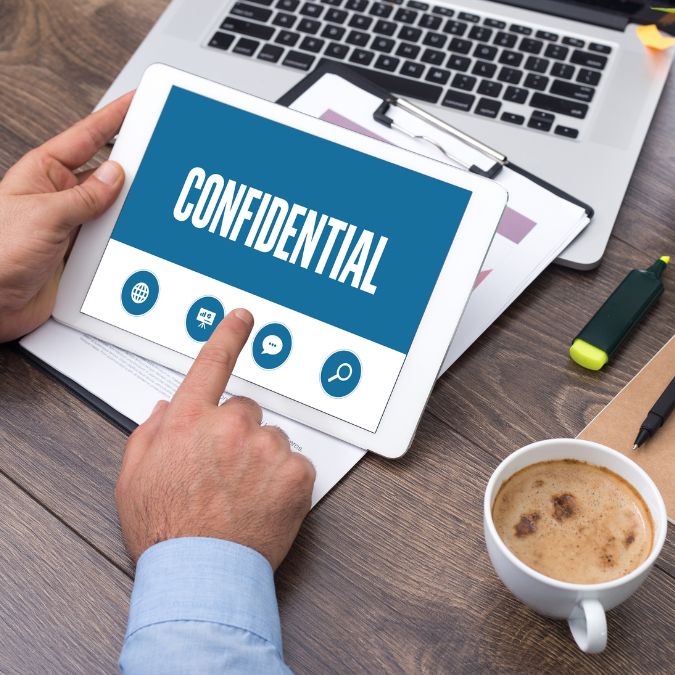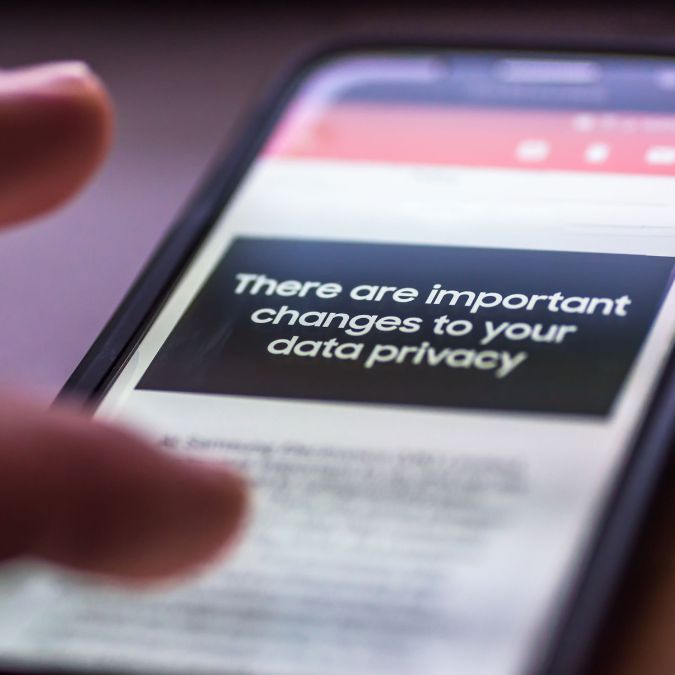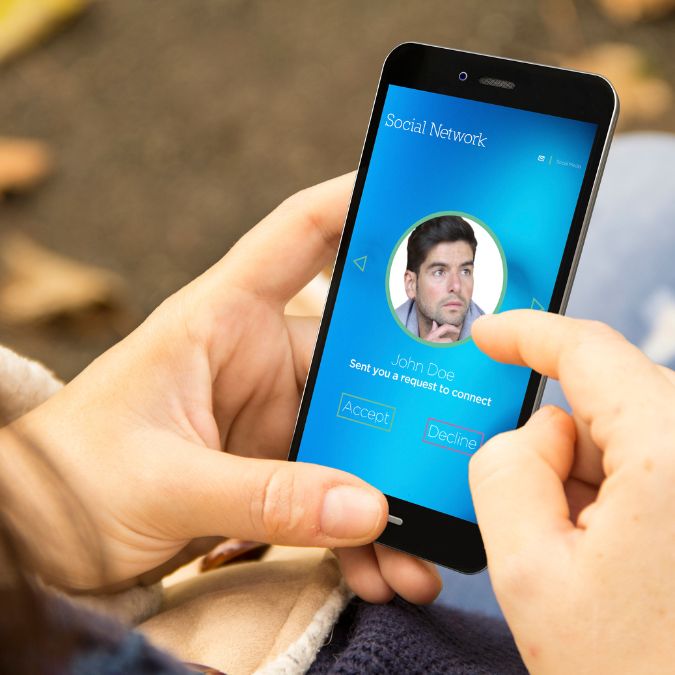
Navigating the ever-changing world of social media can feel like walking through a digital minefield. From oversharing personal details to posting something in the heat of the moment, it’s easy to step wrong. To keep your digital life as smooth and drama-free as possible, here are 12 things you should avoid doing on social media.
1. Oversharing Personal Information

In the age of oversharing, it’s tempting to post every detail of your life. However, sharing too much personal information can make you vulnerable to identity theft, stalking, or other privacy breaches. Details like your home address, phone number, or daily routines should remain private. Remember, not everyone on your friends list needs to know your every move. Keep your personal life safe by thinking twice before posting sensitive information.
2. Engaging in Public Arguments

Disagreements are inevitable, but airing them on social media can escalate tensions and create unnecessary drama. Public arguments can damage your reputation and relationships, as well as invite unwanted attention from strangers. Instead, disputes can be handled privately through direct messages or in person. Keeping conflicts out of the public eye shows maturity and respect for all parties involved.
3. Posting Without Fact-Checking

Fake news and misinformation spread like wildfire on social media. Sharing unverified information can mislead your followers and contribute to the problem. Always verify sources before posting or sharing content. Trusted news outlets and official statements are your best bet for accuracy. By fact-checking, you maintain your credibility and promote a more informed online community.
4. Sharing Sensitive Work-Related Content

Posting about your job might seem harmless, but it can lead to serious repercussions. Sharing confidential information, venting about coworkers, or discussing workplace issues can breach company policies and harm your professional reputation. Keep work matters off social media and be mindful of your company’s guidelines. Protecting your job and professional image is paramount in today’s digital age.
5. Ignoring Privacy Settings

Privacy settings are your best defense against unwanted attention and potential threats. Failing to adjust them can leave your personal information exposed to strangers. Regularly review and update your privacy settings to control who sees your posts and personal details. Being proactive about privacy helps safeguard your online presence and personal security.
6. Posting Inappropriate Content

What you post on social media reflects on you, both personally and professionally. Inappropriate content, such as offensive jokes, explicit material, or discriminatory remarks, can tarnish your reputation and lead to serious consequences. Think before you post and consider how your content might be perceived by others. Maintaining a respectful and tasteful online persona is crucial.
7. Comparing Yourself to Others

Social media often presents a highlight reel of people’s lives, leading to unrealistic comparisons. Constantly comparing yourself to others can negatively impact your self-esteem and mental health. Remember, everyone has their own struggles and challenges, even if they aren’t visible online. Focus on your own journey and use social media as a source of inspiration, not competition.
8. Accepting Friend Requests from Strangers

Accepting friend requests from people you don’t know can expose you to various risks, including scams and cyberstalking. Be cautious about who you add to your social network. If you’re unsure about a friend request, take the time to review the person’s profile and mutual connections. Keeping your friend list limited to people you know and trust enhances your online security.
9. Neglecting to Think Before Commenting

Comments made in haste can be misinterpreted and lead to misunderstandings or conflicts. Before commenting on posts, take a moment to consider your words and their potential impact. Aim for constructive and respectful contributions to discussions. Thoughtful commenting fosters positive interactions and helps build a supportive online community.
10. Engaging in Clickbait

Clickbait is designed to lure you in with sensational headlines, often leading to low-quality or misleading content. Sharing or engaging with clickbait not only wastes your time but also perpetuates the spread of unreliable information. Be discerning about the content you interact with and promote credible sources. By avoiding clickbait, you contribute to a more trustworthy online environment.
11. Ignoring Cyberbullying

Cyberbullying is a serious issue that can have devastating effects on individuals. Ignoring or dismissing it allows harmful behavior to continue. If you witness cyberbullying, report it to the platform and offer support to the victim. Standing against cyberbullying helps create a safer and more respectful online space for everyone.
12. Overusing Hashtags

Hashtags can increase the visibility of your posts but overusing them can make your content appear spammy and desperate for attention. Use hashtags strategically and limit them to a few relevant ones per post. Quality over quantity ensures that your content reaches the right audience and maintains integrity.
Aim for Drama-Free Digital Life

By avoiding these common social media pitfalls, you can cultivate a positive and secure online presence. Remember, what you post on social media is a reflection of you—so make sure it’s a reflection you’re proud of!
Read More
How social media can end up harming the reputation of your business
7 Things You Can Do To Earn Money Online

Vanessa Bermudez is a content writer with over eight years of experience crafting compelling content across a diverse range of niches. Throughout her career, she has tackled an array of subjects, from technology and finance to entertainment and lifestyle.
In her spare time, she enjoys spending time with her husband and two kids. She’s also a proud fur mom to four gentle giant dogs.
